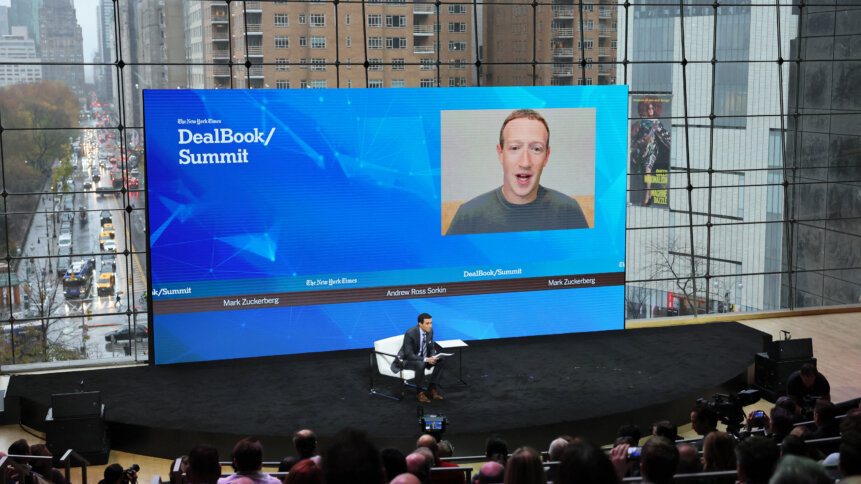Meta layoffs: Another 10,000 employees bite the dust in the name of ‘efficiency’

Meta Platforms, the owner of Facebook and Instagram, kickstarts its ‘Year of Efficiency’ with another round of mass layoffs. In a bid to cut costs, CEO Mark Zuckerberg said the company is letting go of another 10,000 workers and closing “around 5,000 additional open roles that we haven’t yet hired.” In short, it will be a brutal year for the tech giant’s employees.
In February, Zuckerberg indicated that he plans to further streamline his company’s business this year, after Meta reported mixed results for the fourth quarter of 2022. For context, the company laid off approximately 11,000 employees in the final quarter of 2022.
The CEO said restructuring efforts—including costs related to employee severance, the early termination of office leases, and data center restructuring—cost Meta US$4.2 billion in Q4. Unfortunately, Meta is still not done—with cost-cutting or layoffs. Zuckerberg told investors he was focused on “continuing to streamline the company” during its earnings call on February 1, saying the management theme for 2023 is “the year of efficiency.”
So the announcement yesterday was anticipated, and it is just the beginning. The announcement makes Meta the only Big Tech compnay to go for a second round of layoffs at a large scale, impacting roughly 13% of its workforce.
“Here’s the timeline you should expect: over the next couple of months, organization leaders will announce restructuring plans focused on flattening our orgs, canceling lower priority projects, and reducing our hiring rates,” Zuckerberg said in a memo to employees yesterday.
Meta shares layoffs timeline
In the memo, Zuckerberg said he recognized that sharing plans for restructuring and layoffs months in advance creates a challenging period. “But last fall, we heard feedback that you wanted more transparency sooner into any restructuring plans, so that’s what I’m trying to provide here,” he explained.
YOU MIGHT LIKE

Can the metaverse enhance the future of work?
Following yesterday’s update, Meta is expected to announce restructurings and layoffs in their tech groups late next month, followed by their business groups in late May. Zuckerberg said he has also made the “difficult decision” to further reduce the size of Meta’s recruiting team. “We will let recruiting team members know tomorrow whether they’re impacted,” he added.
In some cases, Zuckerberg said it may take until the end of this year for the company to complete these changes. “Our timelines for international teams will also look different, and local leaders will follow up with more details,” he noted. Overall, Meta will be laying off around 10,000 people and closing around 5,000 additional open roles they have yet to hire.
While the moves will be tough, Meta’s CEO said, “there’s no way around that.” Overall, Meta’s goals for its “Year of Efficiency” are to make itself a better technology company and improve its financial performance in a difficult environment to execute its long-term vision. After its year-long restructuring, Meta also plans to lift hiring and transfer freezes in each group.
Also as part of its Year of Efficiency, the company will focus on returning to a more optimal ratio of engineers to other roles. Zuckerberg said Meta is preparing for the possibility that the current economic reality will continue for many years.
“Higher interest rates lead to the economy running leaner, more geopolitical instability leads to more volatility, and increased regulation leads to slower growth and increased innovation costs. Given this outlook, we’ll need to operate more efficiently than our previous headcount reduction to ensure success,” he added.
In retrospect, the laying off of employees comes after years of Meta hiring at a breakneck pace. At its peak last year, Meta had 87,000 full-time employees. But the plunging global economy and contracting digital advertising markets last year were a wake-up call. That was when Zuckerberg started putting an end to Meta’s unchecked growth.









